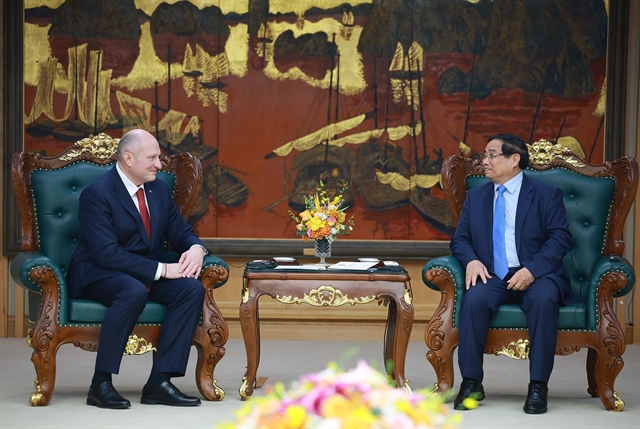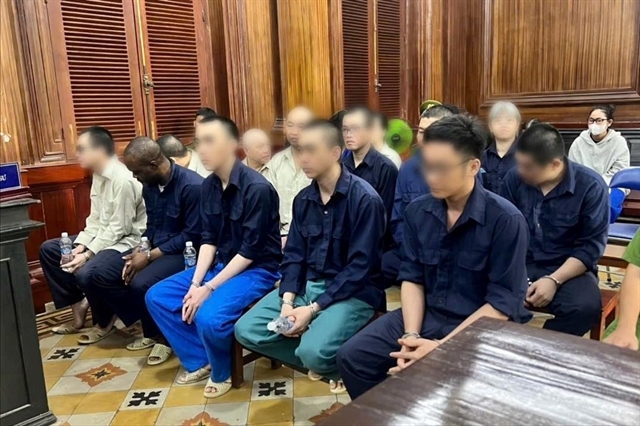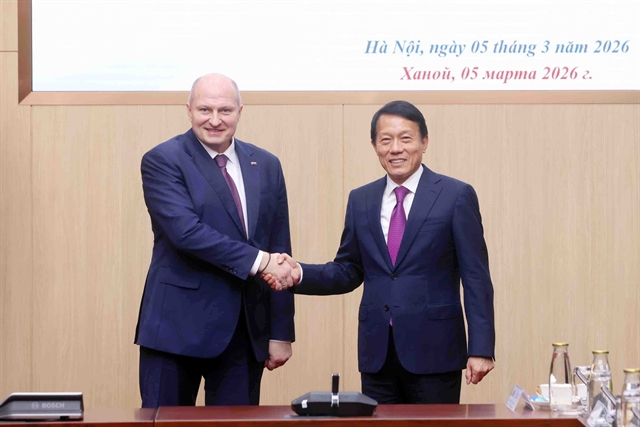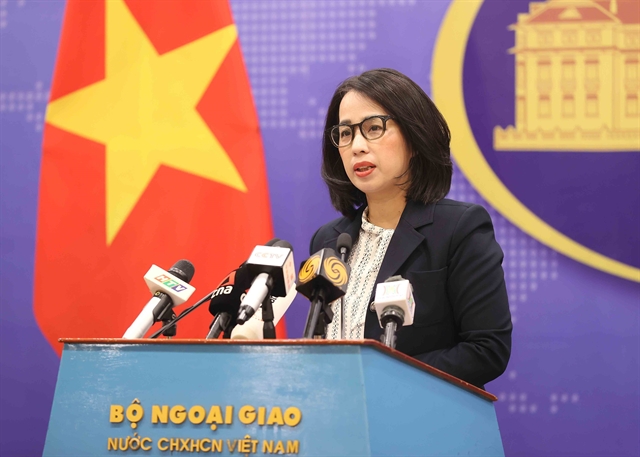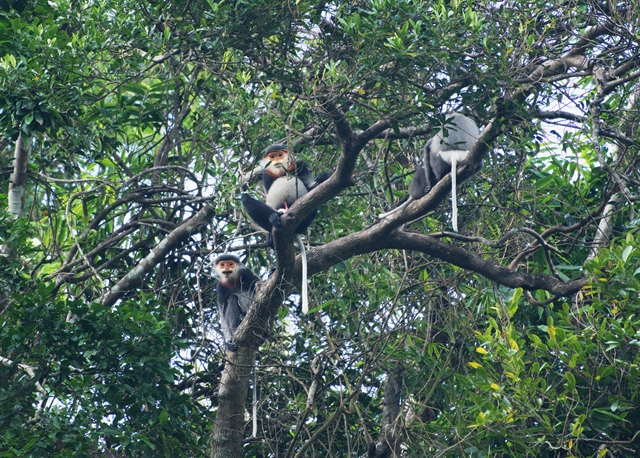 Environment
Environment
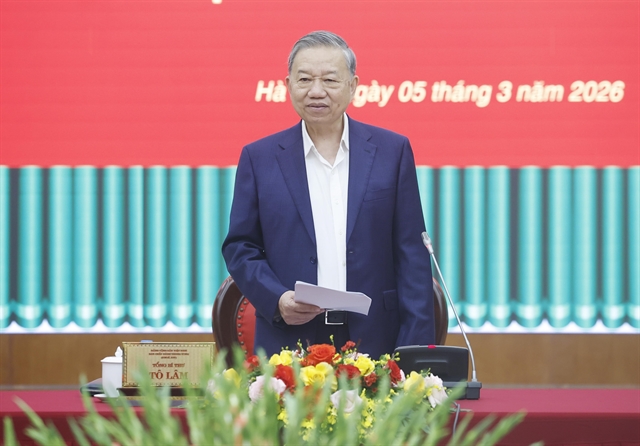
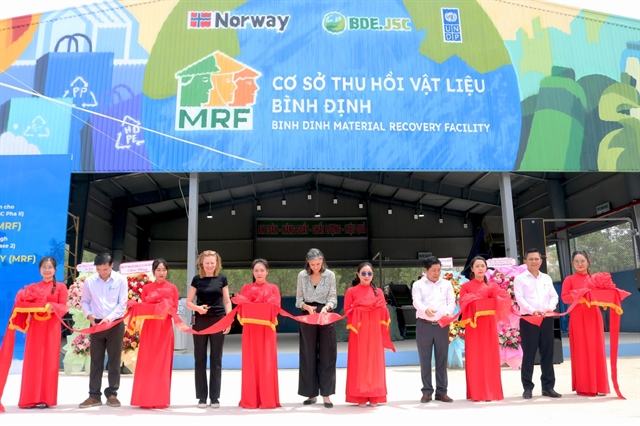 |
| UNDP Việt Nam and Bình Định Province's authorities inaugurated the Material Recovery Facility (MRF) at the Long Mỹ solid waste treatment area in Phước Mỹ Commune. — Photo from Bình Định People's Committee website |
BÌNH ĐỊNH — A waste classification at source programme was launched in the ASEAN clean tourist city of Quy Nhơn, in the south central coastal province of Bình Định on September 23 by the provincial People’s Committee and the United Nations Development Programme (UNDP).
The programme is part of the "Scaling Up A Socialised Model Of Domestic Waste And Plastic Management" project funded by the Norwegian Government through the UNDP.
At the event, Deputy Head of Mission at the Norwegian Embassy Mette Møglestue underscored the important role of the waste classification in management and recycling. The Norwegian Government will continue support for Việt Nam's circular economy development and waste management efforts, especially in coastal tourist cities like Quy Nhơn.
UNDP Resident Representative Ramla Khalidi stressed that Quy Nhơn City's waste classification at source marks a milestone in the province’s sustainable solid waste management and promotion of recycling towards a circular economy.
Meanwhile, Vice Chairman of the Quy Nhơn City People’s Committee Nguyễn Đức Toàn said that the move will significantly improve the city’s waste management, helping it protect the environment and keep the ASEAN Clean Tourist City title.
The programme will be piloted in Ngô Mây and Nguyễn Văn Cừ wards over six months before being implemented across the city.
On the occasion, the Material Recovery Facility (MRF) was inaugurated at the Long Mỹ solid waste treatment area in Phước Mỹ Commune. The 1,000sq.m facility, built at a total cost of nearly VNĐ8 billion (over US$325,000), is designed to process 3-4 tonnes of plastic waste daily. It is expected to create over 200 jobs in waste management, sorting and recycling for local residents. — VNS

